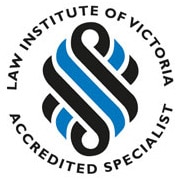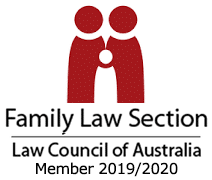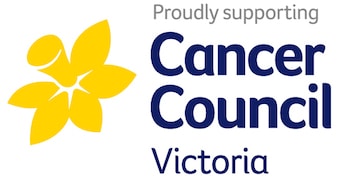By Victoria Byrne, Lawyer, and Caitlin Tomaro, Law Student.
There are many reasons why a child’s name may be changed at any stage of their life. For example, parents may wish for their child’s last name to be hyphenated after a divorce or children may identify with a different surname when their parents re-marry.
Can my child’s name be changed?
Your child’s name can be changed if they are under 18 years of age and born in Victoria through Births, Deaths & Marriages. If your child was born overseas, their name can be changed provided they have been living in Victoria for at least the last 12 months and have the legal right to live in Australia.
The change can be to any part or all of the child’s name, including:
- Changing their first name;
- Adding a second or third middle name;
- Changing their surname; and/or
- Hyphenating their surname.
By agreement
In most cases, both parents listed on the child’s birth certificate will need to agree to the name change by filling out an application through Births, Deaths & Marriages. If the child is 12 years old or older, they also need to consent to the name change. If the parents agree, this is a relatively simple process.
Where there is only one parent listed or only one parent alive
Where the child’s birth certificate only names one parent or the other parent named on the birth certificate has died, the sole surviving parent can apply to change their child’s name on their own.
What do I do if the other parent doesn’t agree?
Where the child’s birth certificate names two parents who are both alive and they are do not agree, the child’s name may still be changed by court order.
By court order
A court order for a name change may be issued by the County Court of Victoria, the Federal Circuit and Family Court of Australia. It is important to note that an order for sole parental responsibility does not automatically give a parent the right to change their child’s name.
Even when another parent has not been involved in the child’s life, that parent must still be served with the Court paperwork and be given an opportunity to respond to the proposed name change.
If there is a dispute, the Court will have a contested hearing on the name change issue. If there are other live parenting issues, this will usually all be dealt with at the final hearing of the matter.
There are many considerations the court will consider when deciding whether to order a name change. The most important consideration is that the name change is in the best interests of the child.1 Other considerations, as outlined by Foster, J in Reagan v Orton include the following:2
- Any embarrassment likely to be experienced by the child if their name is different from those whom they live with;
- Any confusion of identity which may arise for the child;
- The effect the name change may have on the relationship between the child and their parents;
- The effect of frequent name changes;
- The contact the child has with the non-custodial parent;
- The degree of identification the child has with their non-custodial parent; and
- The degree of identification the child has with whom they live.
It is also important that the proposed name change has a strong connection to the child. For example, in Darley & Darley3 a mother proposed her child’s last name be changed to ‘McKenzie-Darley.’ The Court refused this change as nor the mother nor anyone else had any connection to the name ‘McKenzie’.
Other factors which may play into whether a Court will change a child’s name includes how that child is known in their day to day lives, and the child’s own view (depending on age and other factors) may be taken into account.
Ultimately, each name change case will turn on its own facts.4
What happens if another person has parental responsibility?
As previously mentioned, an order for sole parental responsibility does not mean you will be able to automatically change your child’s name.
However, in some family law matters another person, such as a grandparent, might share parental responsibility for the child whose name is sought to be changed. In those cases, any application to the Court for a change of name would need to list the other person as a respondent.
If you would like further advice on having child’s name changed by court order, you can contact us on 9741 1722 to make an appointment.
References
1 s 60CC Family Law Act 1975 (Cth).
2 [2016] FamCA 330, 34.
3 [2015] FCCA 317.
4 Flanagan & Handcock (2000) FLC 93-074.





